What Your Asphalt Contractor will Tell You About Driveway Replacement
Driveway replacement is a significant investment, one that enhances the aesthetic appeal and functionality of your home. Understanding the intricacies involved can help homeowners make informed decisions and facilitate effective communication with their asphalt contractor. These professionals play a crucial role in ensuring a smooth and successful driveway replacement process, balancing between cost, timing, and materials to deliver a high-quality result.
This article explores key aspects of driveway replacement, delving into timing, materials, installation, costs, and maintenance. Each section provides detailed insights, allowing homeowners to grasp the full scope of what their asphalt contractor can offer. With this knowledge, you can approach your driveway project with confidence and a clear understanding of the pathway to success.
The Importance of Timing in Driveway Replacement
Timing plays a pivotal role in the success of driveway replacement projects, and weather conditions are a primary consideration. Asphalt installation requires dry conditions to ensure the material sets properly and achieves optimal durability. Cooler weather slows the curing process, while high temperatures can lead to early evaporation of binding agents. Contractors often recommend late spring through early autumn as the best time for asphalt projects. By choosing ideal weather conditions, homeowners can prevent premature cracking and ensure the longevity of their investment.
Understanding seasonal weather patterns in your region is crucial for planning a driveway replacement. For instance, northern climates with harsh winters necessitate scheduling projects during the warmer months, avoiding potential issues like freeze-thaw damage. Conversely, in regions with milder climates, autumn may also be suitable for such projects. Seasonal timing helps in effective scheduling and can impact the availability of skilled asphalt contractors. To avoid disruptions, it is helpful to plan well in advance and choose a timeframe that aligns with favorable weather patterns.
Understanding the Driveway Removal Process
Before any driveway replacement project begins, a thorough initial assessment and inspection are conducted to evaluate the condition of the current driveway. This step determines the scope of work required, identifying any underlying issues such as poor drainage or subbase instability. Contractors use this information to tailor a comprehensive plan that addresses these concerns and ensures a robust foundation for the new driveway. Accurate assessment helps avoid future issues, contributing to the long-term success and effectiveness of the replacement. Collaboration with homeowners during this phase ensures that expectations align with practical and technical realities.
The initial inspection involves checking the current driveway's surface and subsurface conditions. Asphalt contractors look for signs of wear, such as cracks, potholes, and uneven surfaces, which indicate underlying structural issues. By understanding these factors, they can recommend any necessary preparatory work, such as removing the existing structure or repairing the subbase. Effective communication during this phase leads to a better understanding of the overall process and the anticipated timeline. This foundational work is crucial as the integrity of the new driveway depends significantly on addressing problems in the initial phase.
Materials: Choosing the Right Asphalt Mix
Choosing the right asphalt mix is paramount to creating a driveway that meets specific functional and aesthetic requirements. Several types of asphalt mixes are available, each suited to different needs and environmental conditions. For example, hot mix asphalt is popular due to its durability and smooth finish, which provides excellent traction and weather resistance. Cold mix asphalt is more flexible, making it ideal for temporary repairs or regions with frequent freeze-thaw cycles. The choice of material significantly impacts the driveway's longevity, performance, and maintenance needs.
Asphalt contractors can guide homeowners through the decision-making process, explaining the pros and cons of each type of asphalt. They consider factors such as climate, traffic load, and budget constraints when recommending a specific mix. According to HomeGuide, driveway replacement costs $4 to $15 per square foot to redo when removing the old driveway, with material choice playing a key role in determining the overall cost. A higher quality mix may have upfront costs, but can offer long-term savings through reduced maintenance and repair needs. This financial balance is an essential aspect to discuss with your asphalt contractor for informed budgeting.
Installation Best Practices for a Successful Driveway
Without proper base preparation and stabilization, even the highest quality asphalt cannot guarantee a successful driveway. This phase involves ensuring that the underlying soil is compact and stable, providing a solid foundation for the asphalt layers above. Contractors often use heavy machinery to compact the subgrade and aggregate base, achieving the necessary density and alignment. Drainage systems may also be installed to prevent water from weakening the subbase and causing long-term damage. By focusing on the underlying structure, contractors lay the groundwork for a smooth, durable surface.
The stabilization process considers soil types and geographical factors to tailor an effective strategy. In areas prone to heavy rainfall or flooding, additional measures are taken to ensure the base remains intact. Contractors might apply soil stabilization additives that increase load-bearing capacity and resistance to water. This technical expertise ensures that the finished driveway can withstand environmental stressors without succumbing to displacement or settlement. A well-prepared base not only extends the lifespan of the driveway but also contributes significantly to the safety and comfort of its users.
Understanding Costs and Budgeting
When planning a driveway replacement, understanding the cost breakdown is vital to effective budgeting. Costs typically include material expenses, labor fees, and potential additional charges for site preparation and disposal of old materials. Contractors provide detailed estimates outlining each component, offering transparency that aids in financial planning. According to industry analyses, driveway replacement costs vary significantly based on factors like location and material choice. This itemization helps homeowners identify areas to adjust spending without compromising on quality or essential features.
Several factors influence the pricing structure of driveway projects, including geographical location, existing site conditions, and the contractor's expertise. Urban areas might attract higher costs due to increased labor wages and material delivery expenses. Conversely, leveraging recycled materials or opting for local suppliers may offer cost savings. Homeowners need to understand how these variables interact and affect the overall budget. A clear grasp of cost factors helps in setting realistic financial expectations and provides a framework to compare contractor quotes effectively.
Long-term Care and Maintenance of Your New Driveway
Once the driveway is installed, maintaining its condition through regular inspection routines is critical to preventing early degradation. Routine checks allow for the early detection of issues such as cracks, oil stains, and drainage inefficiencies. Addressing these problems promptly ensures they do not escalate into more serious damage, which could compromise the driveway's structural integrity. Contractors often provide guidance on what to look out for, equipping homeowners with the knowledge necessary for effective ongoing care. Scheduling inspections aligns with seasonal changes, maximizing the surface's resilience to environmental factors.
Seasonal maintenance tips are invaluable in safeguarding the driveway's longevity, especially in areas with harsh climates. For example, in colder regions, removing snow and ice promptly and avoiding the use of metal shovels can prevent surface damage. Sealcoating every few years helps in reinforcing the asphalt, offering a protective barrier against water infiltration and UV damage. In warmer climates, rinsing the driveway periodically can remove debris that might cause staining or surface wear. These routine practices are integral to extending the lifespan of a driveway and maintaining its aesthetic appeal.
Engaging with a knowledgeable asphalt contractor is crucial for navigating the complexities of driveway replacement. This guide highlights the extensive details involved in the process, from initial planning to long-term maintenance, demonstrating the value of expertise and informed decision-making. By understanding the various components, such as timing, materials, installation, and costs, homeowners can work collaboratively with contractors to achieve a successful outcome.
Driveway replacement is an investment in your property's value and functionality, requiring careful consideration and strategic planning. The insights shared here empower homeowners to make informed choices that align with their financial and aesthetic goals. Working with professional contractors ensures that each step prioritizes quality, safety, and durability, enhancing the overall longevity and appeal of the driveway.
Ready to upgrade your driveway with expert guidance and quality results? Contact Alto Construction today to partner with a trusted team that specializes in efficient, long-lasting driveway replacement solutions.


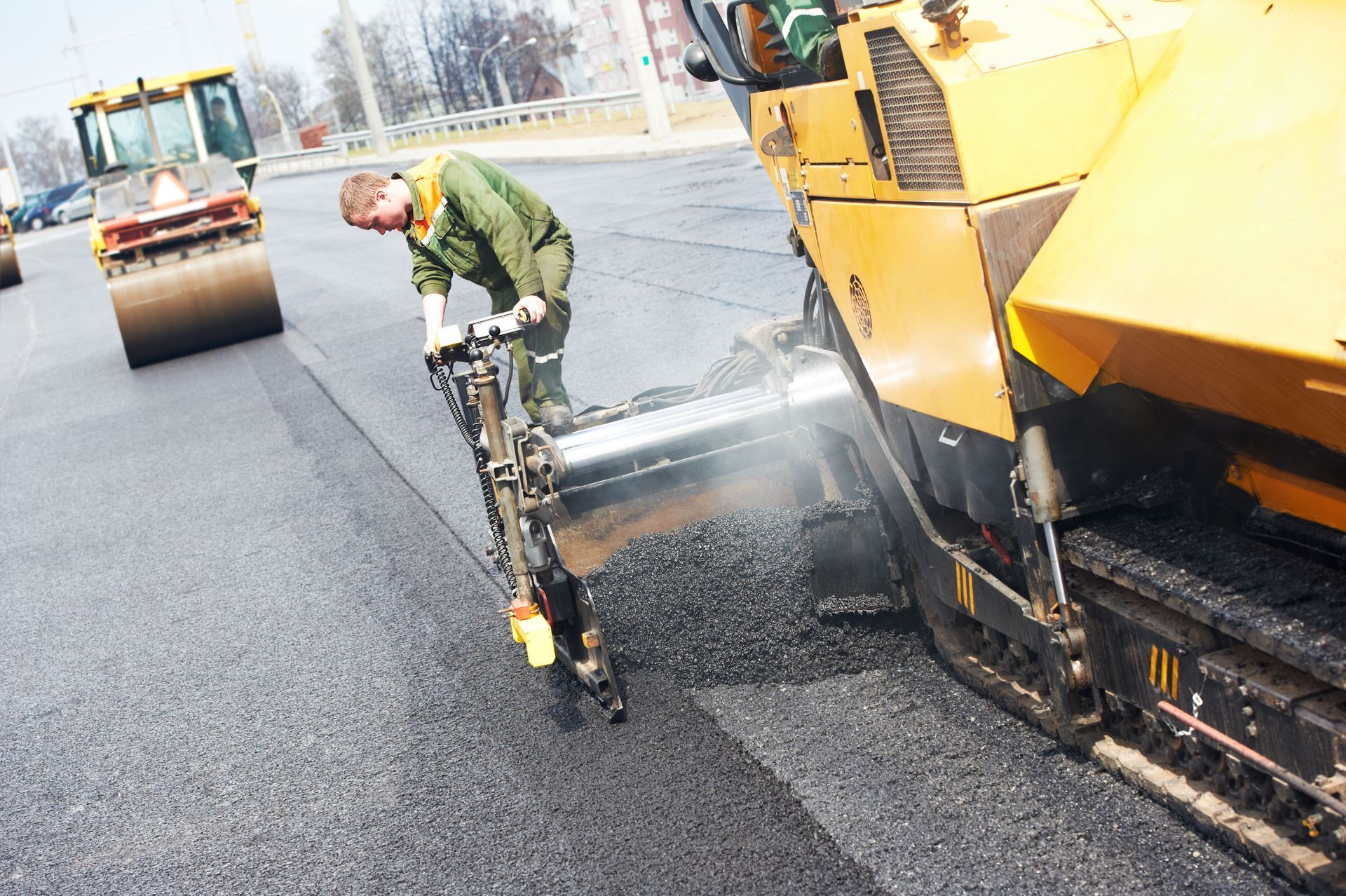
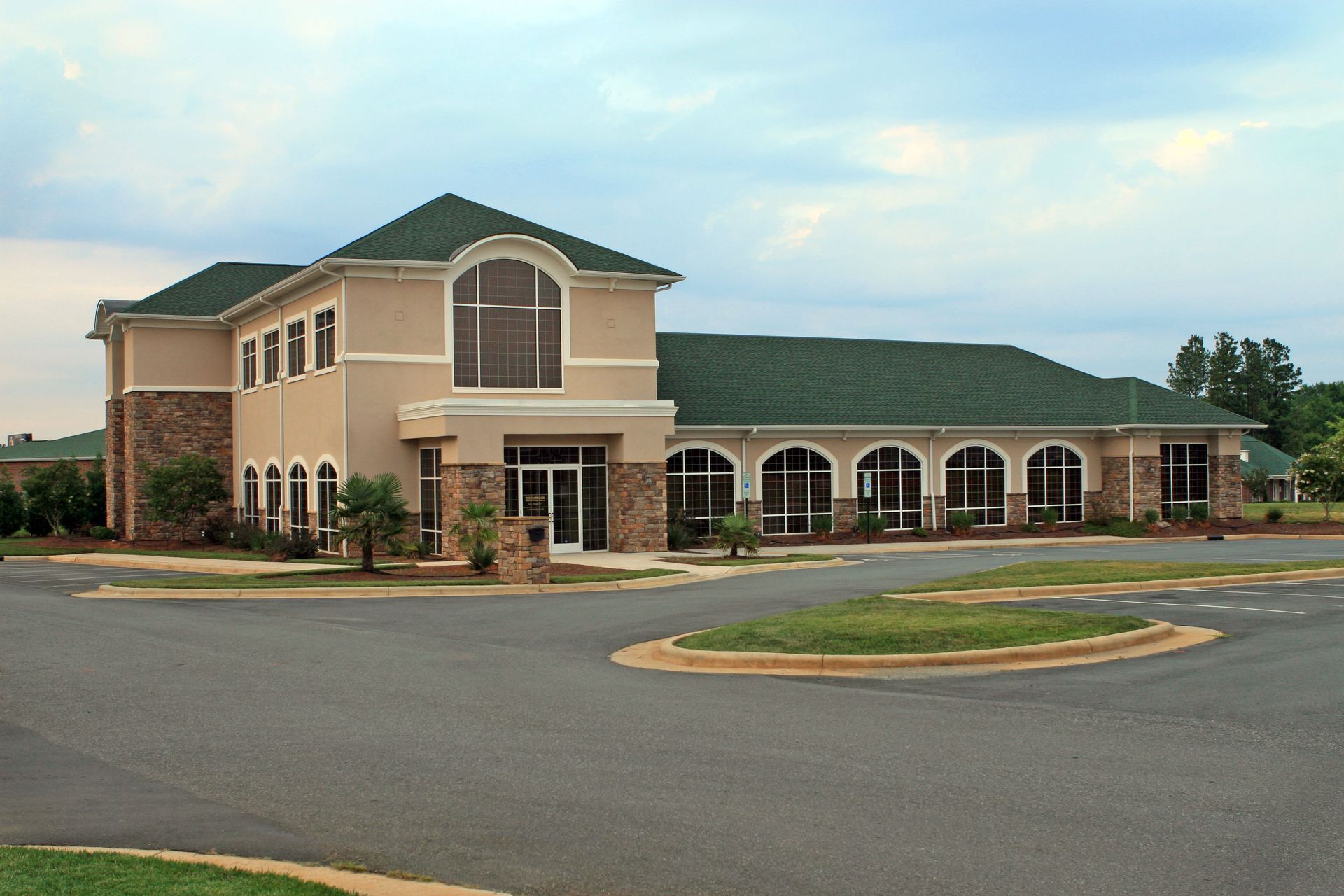
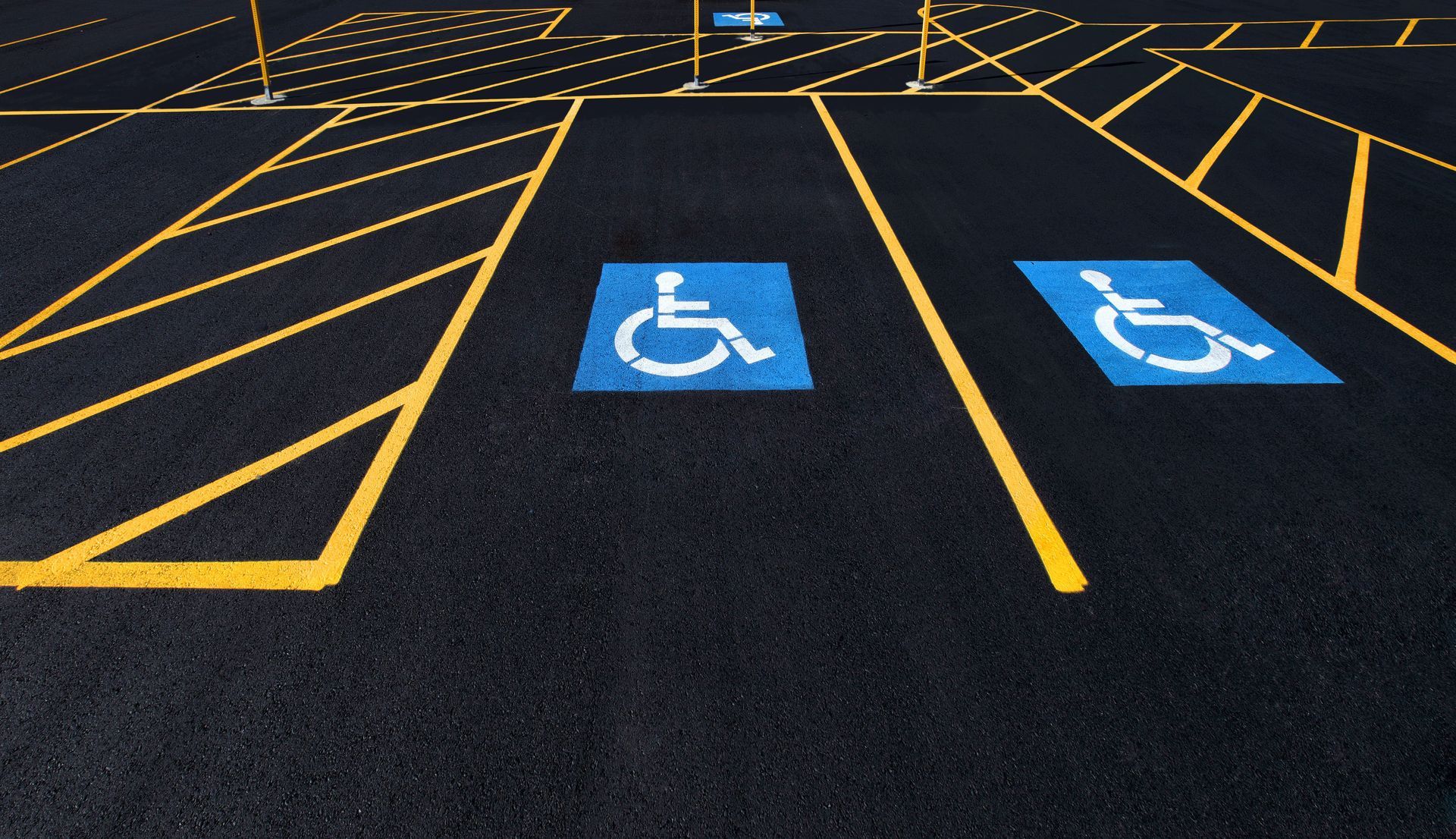
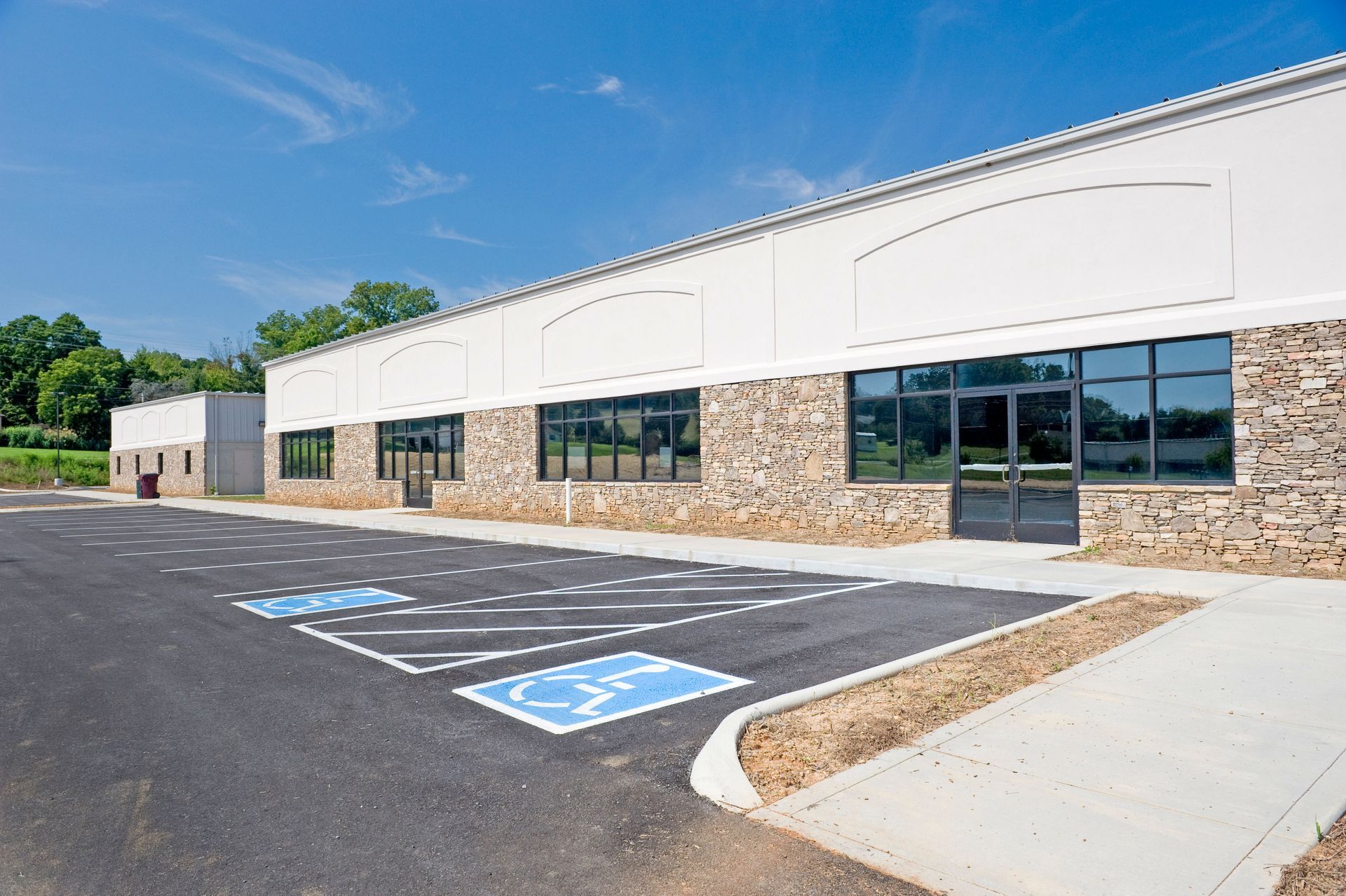
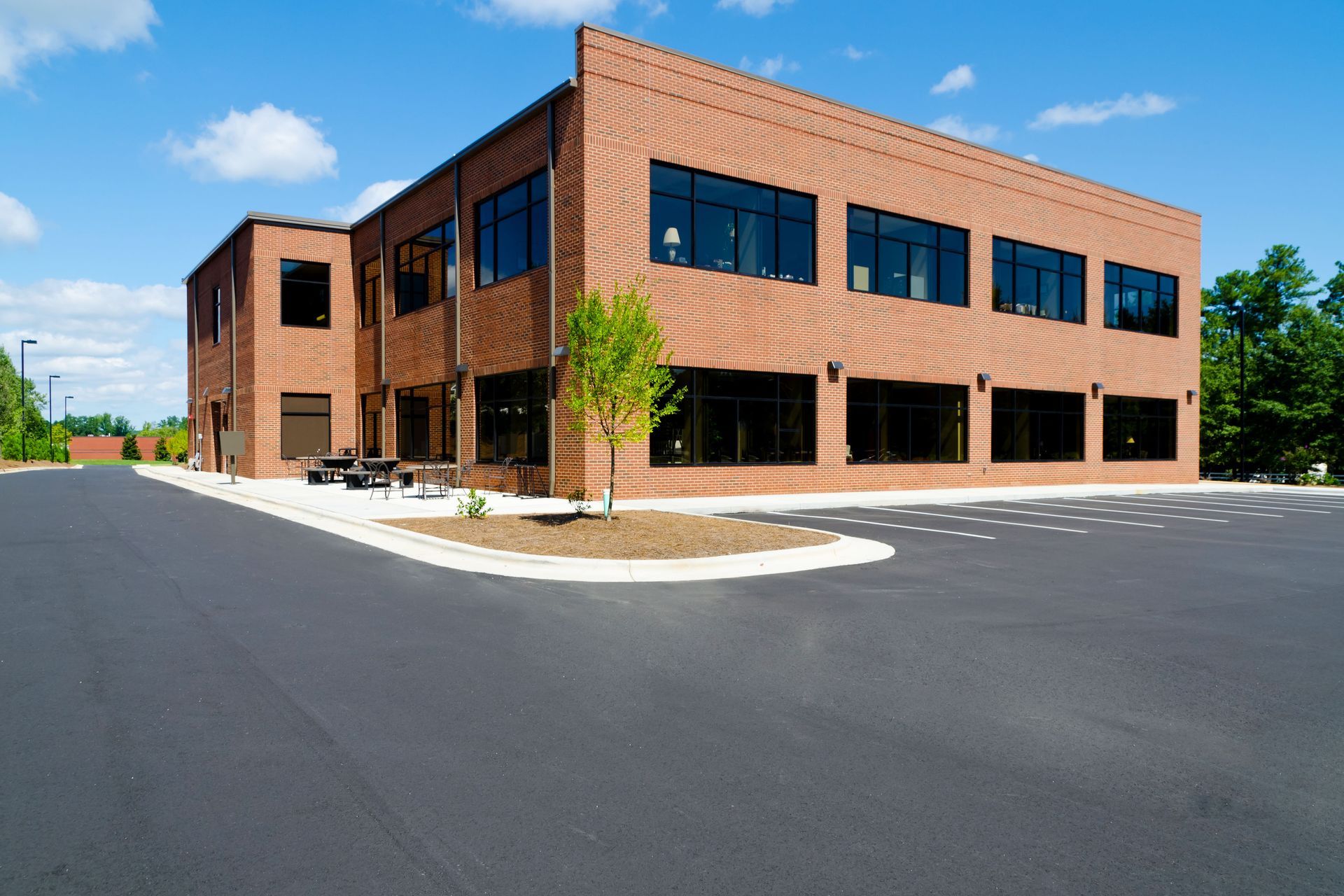
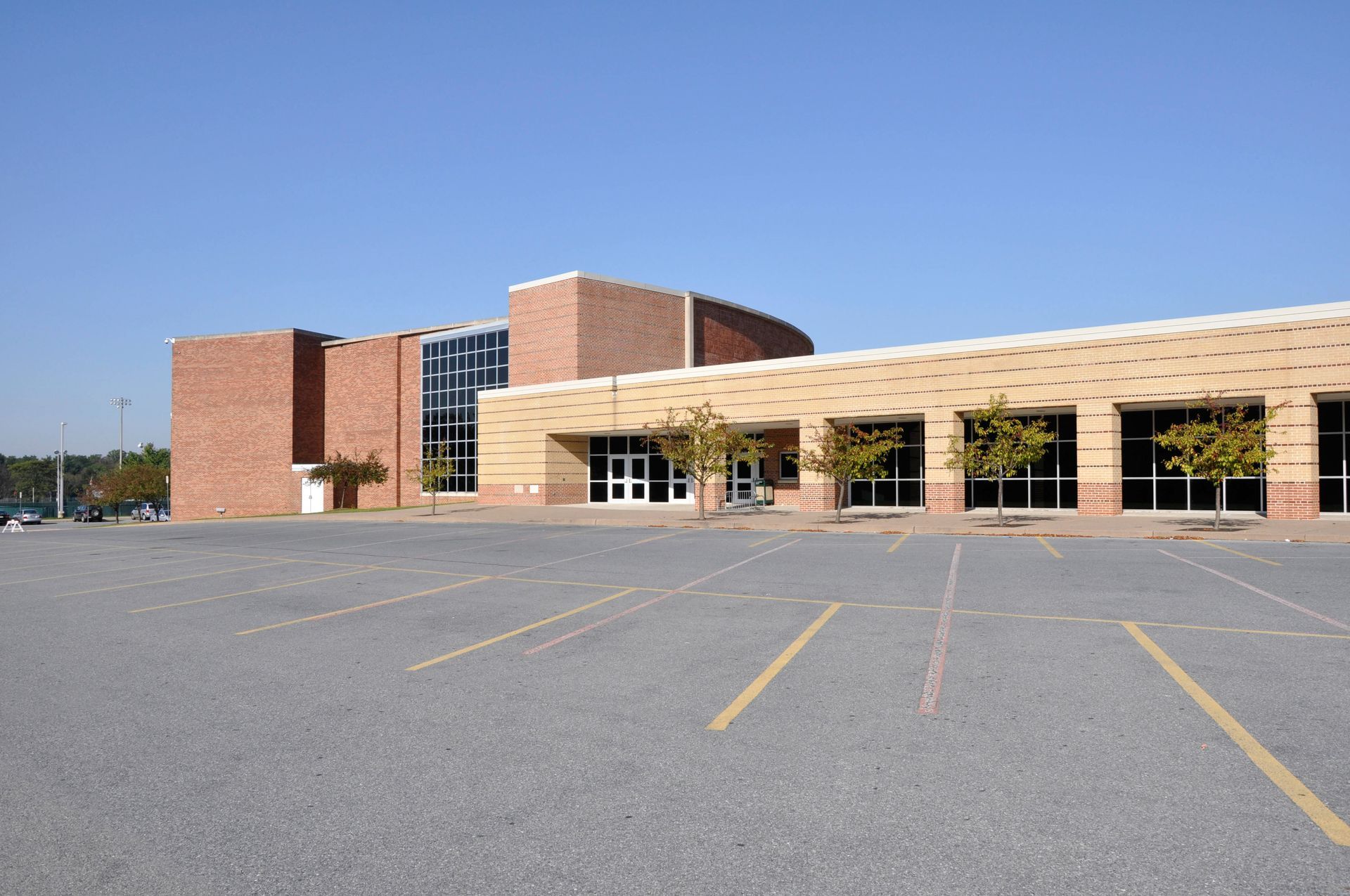

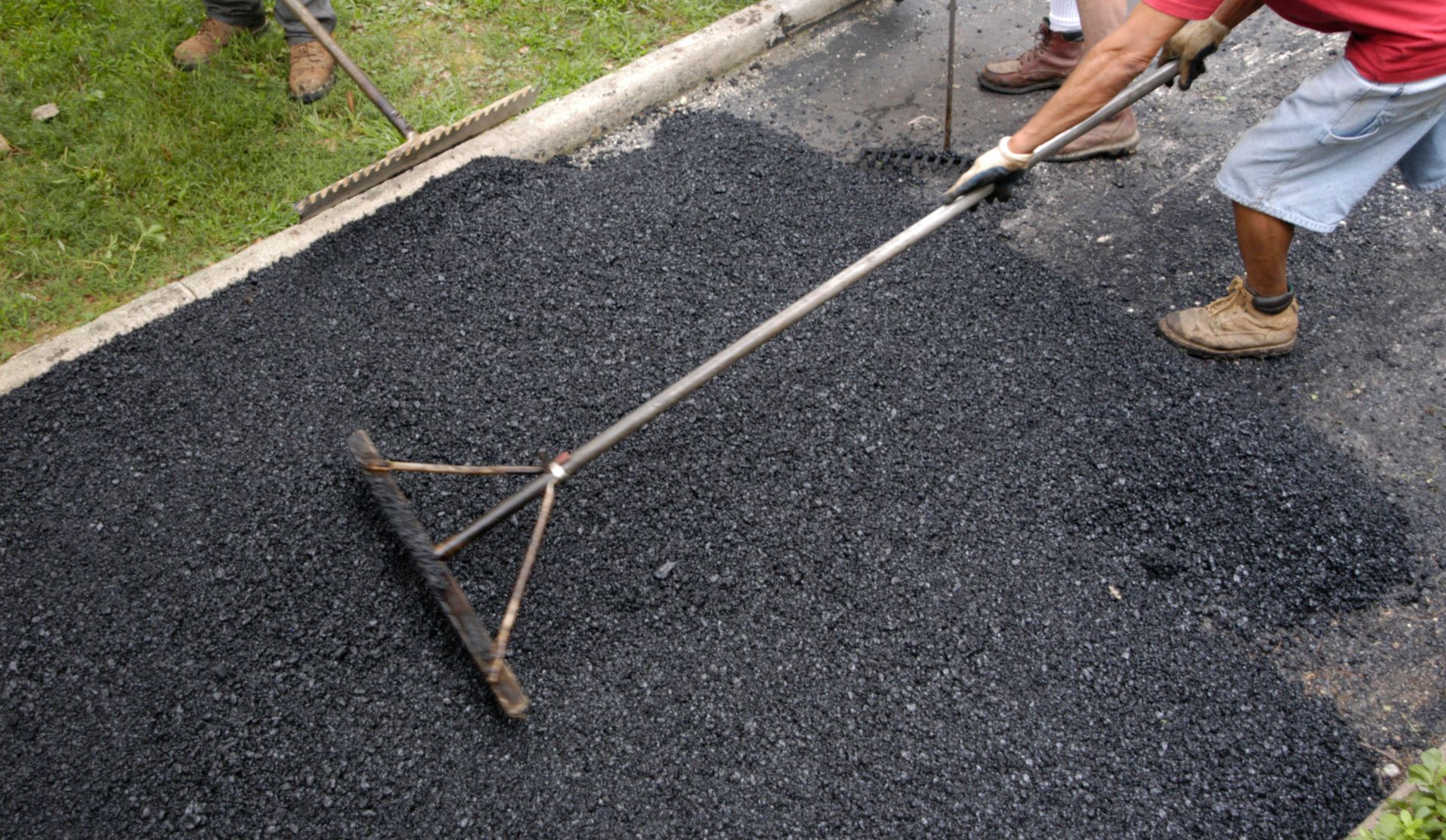
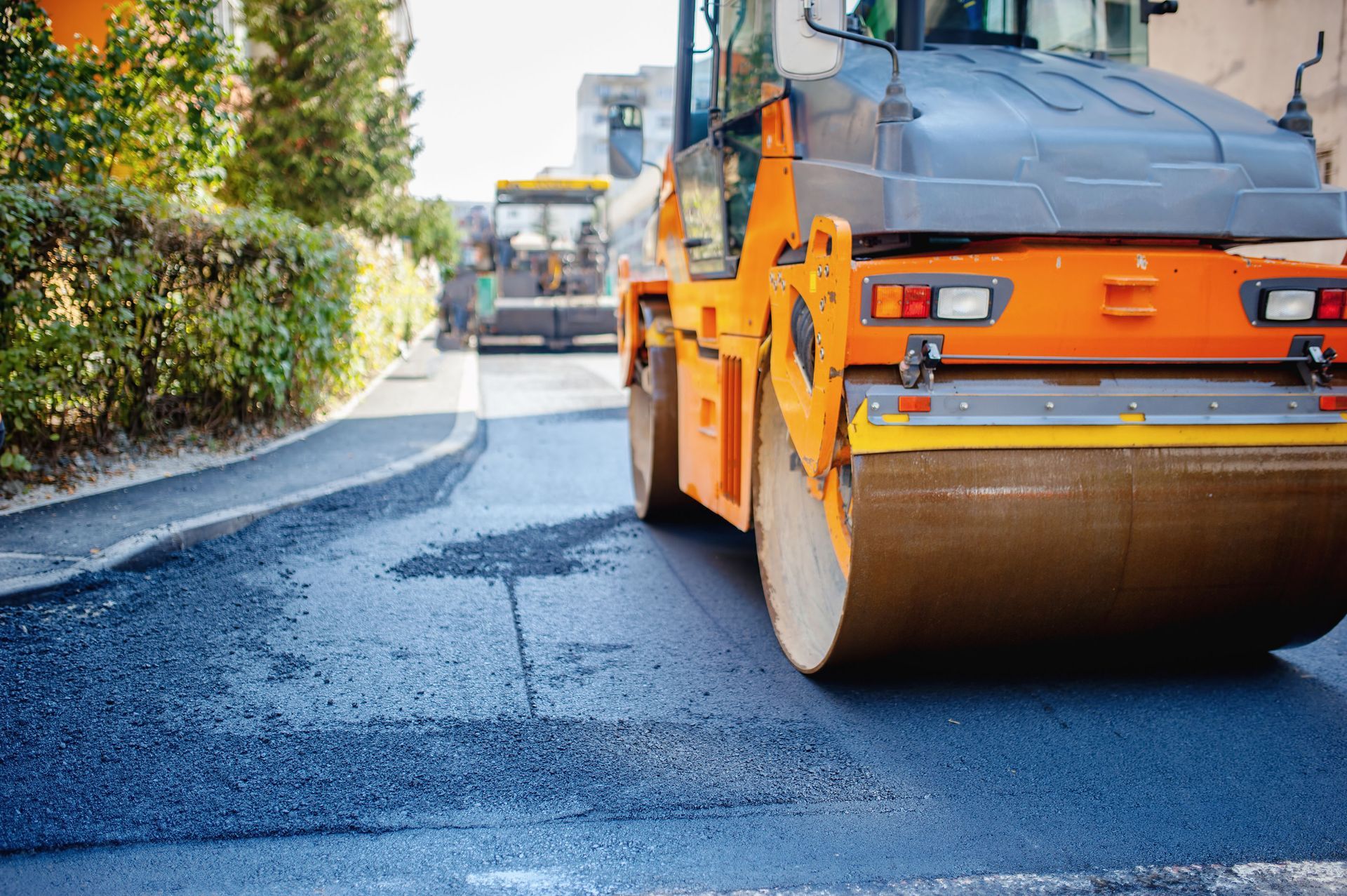
Share On: